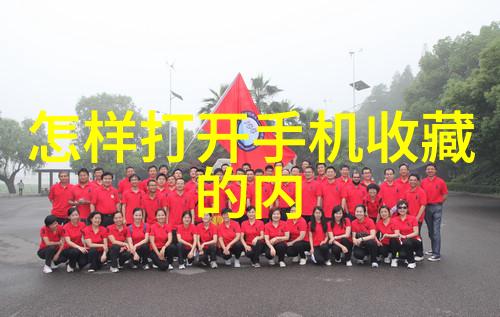La Rose, a renowned red wine brand, has been captivating the hearts of connoisseurs and enthusiasts alike with its rich flavors and aromas. As a luxury product, La Rose red wine is often associated with high prices that can vary significantly depending on several factors.

The price of La Rose red wine is influenced by various elements such as production costs, market demand, distribution channels, competition from other brands, storage conditions during transportation and retailing. Let's delve into each factor to understand how it impacts the pricing strategy of La Rose wines.
Production Costs

Production costs include labor expenses for harvesting grapes at peak quality; skilled winemaking techniques; fermentation processes; aging periods (which could be anywhere from 18 months to several years); bottling procedures; labeling designations such as vintage year or specific grape varieties used in blends (e.g., Cabernet Sauvignon or Merlot). These direct costs are directly proportional to higher end products where premium ingredients are used.
Market Demand

Market demand plays an essential role in determining the final price point for any given bottle of La Rose red wine. If there's strong demand for these wines due to their excellent reputation among consumers who seek out unique taste experiences or have special occasions requiring high-quality beverages like weddings & anniversaries), producers may charge more since they know people will pay extra for these sought-after items.
Distribution Channels

The method through which a product reaches customers also affects pricing strategies – particularly when considering different levels within this process: producer-to-retailer direct sales vs indirect sales via distributors/wholesalers/etcetera.. Direct sales allow manufacturers greater control over their final cost while maintaining profit margins whereas indirect methods involve additional fees paid towards intermediaries which might increase overall expense but provide wider market exposure & stronger relationships between vendors.
Competition From Other Brands

In competitive markets like fine wines where many prestigious labels vie for consumer attention & loyalty – including Chateau Margauxs', Petrus' Pomerols', Opus Ones' etc., -LaRose must balance keeping up appearances by offering competitive pricing without sacrificing quality standards so as not lose ground amongst loyal followers while still generating sufficient revenue growth opportunities along the way by introducing new vintages regularly
5 Storage Conditions During Transportation And Retailing
Properly storing expensive bottles requires specialized equipment designed specifically for this purpose- temperature controlled environments usually around 55 degrees Fahrenheit (-13°C) humidity levels near 60% optimal light protection against UV rays-and sometimes even nitrogen gas flushes inside bottles before sealing them tightly sealed corks prevent oxidation effects damaging flavor profiles resulting from prolonged exposure outside ideal storage conditions thus adding further expenses onto ultimate retail cost
6 Conclusion
In conclusion understanding what contributes most heavily towards fluctuations in la rose Red Wine Prices Over Time allows us better comprehend both aspects business management decisions affecting profitability alongside consumer purchasing behaviors impacting supply-demand dynamics ultimately shaping industry trends surrounding luxury goods such as Fine Wines worldwide





